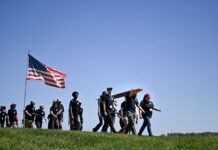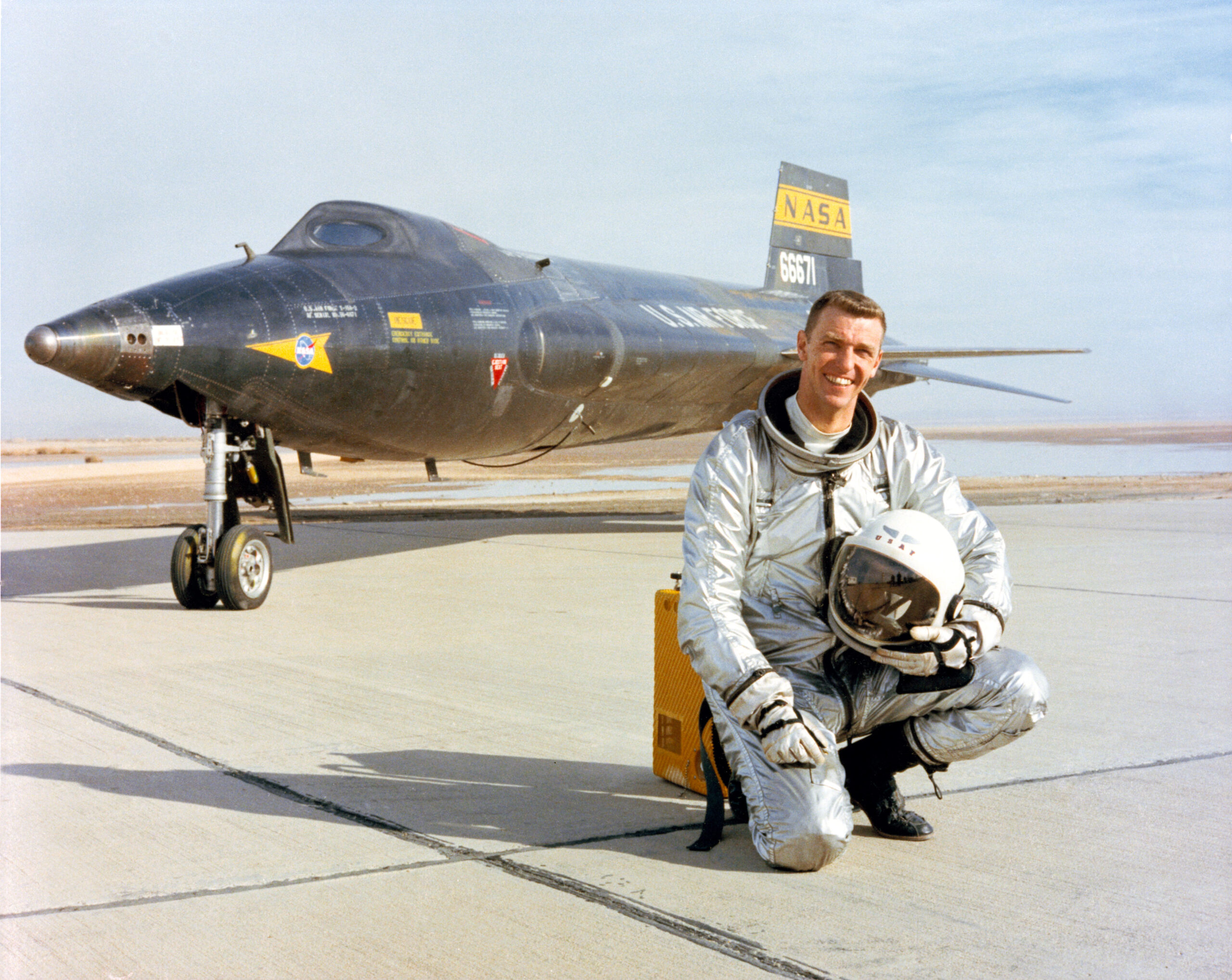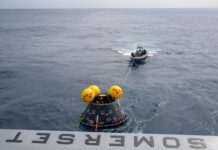Remembering Joe Engle: A Legendary NASA Astronaut and U.S. Air Force Pilot
It is with profound sadness that we report the passing of retired NASA astronaut and U.S. Air Force Maj. Gen. Joe Engle on July 10. Engle, who was 91, passed away peacefully at his home in Houston, surrounded by his family. His illustrious career in aviation and space exploration has left an indelible mark on the field and inspired countless individuals.
Early Life and Education
Joe Engle was born in Dickinson County, Kansas. From a young age, he exhibited a keen interest in aviation, which eventually led him to pursue a degree in Aeronautical Engineering from the University of Kansas in Lawrence, graduating in 1955. His academic achievements were complemented by his participation in the Air Force Reserve Officers Training Course, where he earned his pilot wings in 1958.
Becoming an Astronaut
Engle’s journey to becoming an astronaut began when he joined the U.S. Air Force and started flying the X-15 rocket plane. At the age of 32, he became the youngest pilot to qualify as an astronaut, a testament to his exceptional skills and determination. His selection as a NASA astronaut candidate in 1966 was notable; he was the only person chosen who was already involved in spaceflight operations, underscoring his unique expertise and experience.
Contributions to NASA and Space Exploration
Engle’s contributions to NASA were vast and varied. He played a pivotal role in the Apollo Program, serving as the backup lunar module pilot for Apollo 14. His expertise was further recognized when he commanded the space shuttle Enterprise in 1977. This mission involved using a modified Boeing 747 to release the Enterprise for approach and landing tests, a crucial step in the development of the Space Shuttle Program.
In November 1981, Engle commanded the second flight of the space shuttle Columbia. This mission was particularly significant as he became the first and only pilot to manually fly an aerospace vehicle from Mach 25 to landing. This feat highlighted his unparalleled piloting skills and his ability to handle complex and high-stakes situations.
Engle’s final space mission was in August 1985 when he commanded the space shuttle Discovery. This mission was one of the most challenging shuttle missions ever conducted. The crew successfully deployed three commercial satellites and retrieved, repaired, and redeployed another malfunctioning satellite. This mission encapsulated Engle’s technical prowess and his ability to lead teams effectively under pressure.
Legacy and Honors
Engle’s career was decorated with numerous awards and honors, reflecting his significant contributions to aviation and space exploration. He flew over 180 different aircraft types and logged more than 14,000 flight hours. His military decorations include the Department of Defense Distinguished Service Medal, U.S. Air Force Distinguished Service Medal, and the Air Force Distinguished Flying Cross with Oak Leaf Cluster. Additionally, he received the NASA Distinguished Service Medal and Space Flight Medal, among other prestigious awards.
In 1992, Engle was inducted into the Aerospace Walk of Honor, a testament to his outstanding contributions to the field of aeronautics. His legacy is one of perseverance, innovation, and excellence, inspiring future generations of explorers and aviators.
Personal Reflections
NASA Administrator Bill Nelson expressed his admiration for Engle, stating, "A natural pilot, Gen. Joe Engle helped humanity’s dreams take flight – in the X-15 program, the Apollo Program, and as one of the first commanders in the Space Shuttle Program. He was one of the first astronauts I met at NASA’s Johnson Space Center in Houston. I’ll never forget his big smile, his warmth, and his courage. We all will miss him."
Vanessa Wyche, the director of NASA’s Johnson Space Center, also shared her thoughts, saying, "As we mourn the immense loss of Joe, we’re thankful for his notable contributions to the advancement of human spaceflight. Joe’s accomplishments and legacy of perseverance will continue to inspire and impact generations of explorers for years to come."
Family and Personal Life
Joe Engle was not only a pioneering astronaut and skilled pilot but also a loving husband, father, and grandfather. His wife, Jeanie Engle, fondly remembered him as "a loving husband, father, and grandfather. Blessed with natural piloting skills, General Joe, as he was known to many, was at his happiest in any cockpit. Always with a smile, he lived a fulfilled life as a proud American, U.S. Air Force pilot, astronaut, and Kansas Jayhawk."
Jeanie’s words encapsulate the essence of Joe Engle’s character – a man who lived life to the fullest and touched the hearts of many with his warmth and kindness. His passing leaves a tremendous void, but his legacy will continue to inspire and motivate future generations.
Conclusion
The passing of Maj. Gen. Joe Engle marks the end of an era in space exploration and aviation. His contributions to NASA and the U.S. Air Force are immeasurable, and his legacy will continue to inspire future generations of astronauts, pilots, and engineers. Engle’s life was a testament to the power of perseverance, skill, and dedication. As we remember him, we celebrate his remarkable achievements and the indelible mark he has left on the history of space exploration.
For those interested in learning more about Joe Engle’s life and career, NASA has provided a comprehensive overview, which can be accessed here.
—
For more information or to reach out with any inquiries, you can contact:
Faith McKie / Cheryl Warner
Headquarters, Washington
202-358-1600
faith.d.mckie@nasa.gov / cheryl.m.warner@nasa.gov
Chelsey Ballarte / Courtney Beasley
Johnson Space Center, Houston
281-483-5111
chelsey.n.ballarte@nasa.gov / courtney.m.beasley@nasa.gov
In remembering Joe Engle, we honor a true pioneer whose legacy will forever be etched in the annals of aerospace history.
For more Information, Refer to this article.


































